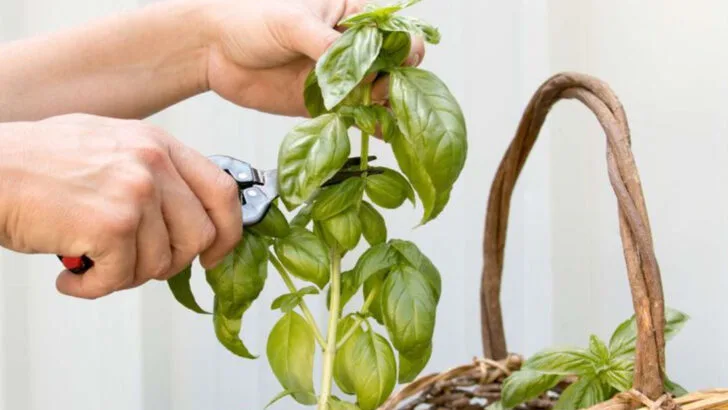If your basil leaves have taken on a harsh, bitter taste lately, you’re not alone—and no, the summer heat isn’t the only culprit. While high temperatures can stress many herbs, basil’s bitterness is more often linked to something else entirely: how and when you harvest it. That’s right—timing and technique play a crucial role in preserving the plant’s sweet, fragrant flavor.
In this article, we’ll uncover the overlooked mistake many gardeners make that turns basil bitter, and how a simple tweak in your harvesting habits can restore its signature taste. Whether you’re growing it in a backyard garden or on a sunny windowsill, these tips will help you keep your basil flavorful, fresh, and ready for every dish.
Soil Composition
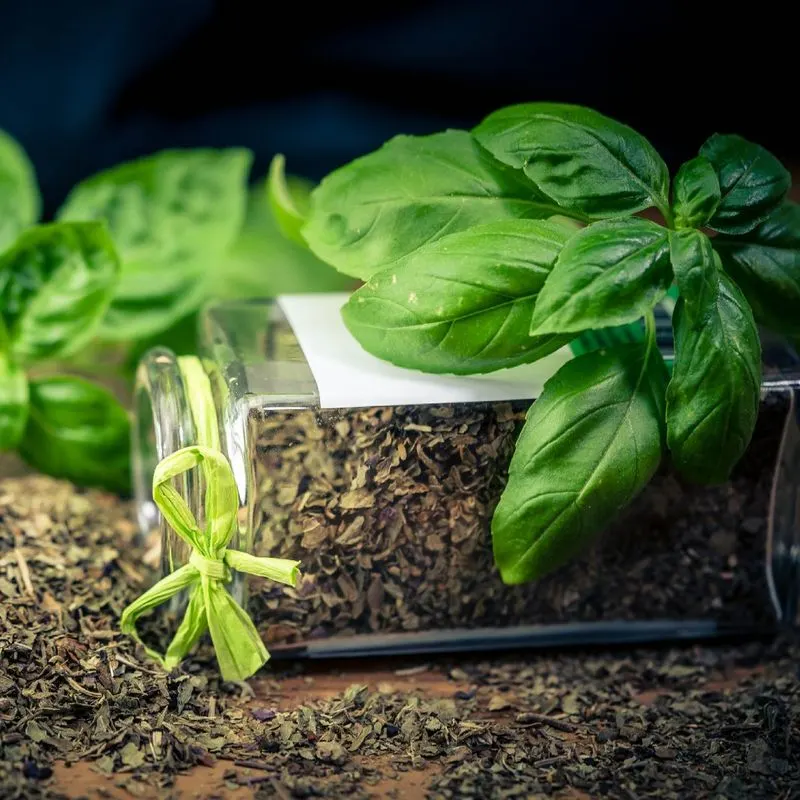
The composition of soil can quietly influence basil’s flavor profile. Certain soils, lacking in essential nutrients, can affect the plant’s sweetness, leading to unexpected bitterness. Testing your soil can uncover deficiencies. A neutral pH and nutrient-rich environment nurture tastier leaves.
Consider organic matter to enrich the soil. Compost and well-rotted manure can be particularly beneficial. Remember, basil thrives in well-draining soil to prevent root rot.
Fertile soil is like a canvas for your basil, ensuring the flavor remains robust and delightful.
Watering Routine

Did you know that basil’s watering routine plays a crucial role in its taste? Overwatering can drown the roots, causing stress and bitterness. Conversely, underwatering can lead to wilting and a tough texture.
Consistency is key. Allow the top inch of soil to dry before the next watering. Utilize a drip irrigation system for even moisture distribution.
Consider the climate, as dry conditions might require more frequent watering. A balanced watering routine is your basil’s best friend for retaining its sweet notes.
Harvest Timing
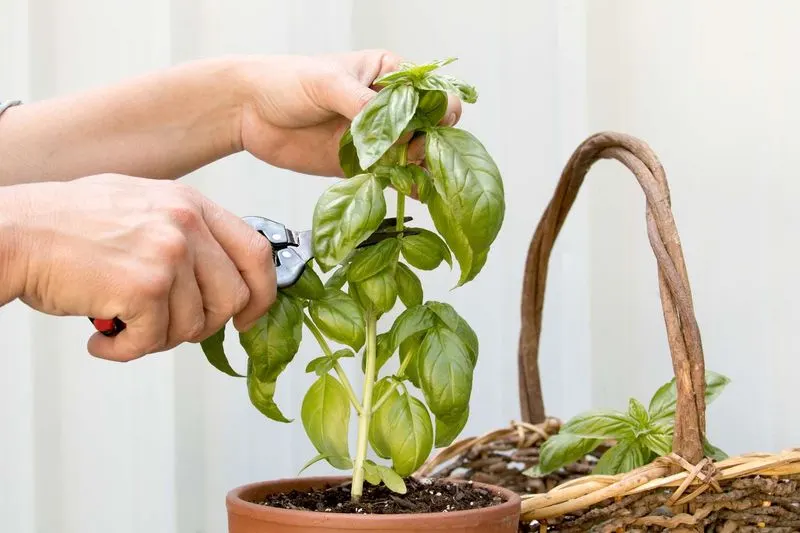
Timing your basil harvest can mean the difference between sweet and bitter leaves. Harvesting too late, especially after the plant flowers, can lead to bitterness as energy shifts from leaves to seeds.
Pick leaves early in the morning when essential oils peak, ensuring the freshest taste. Regularly pinching off flower heads redirects energy to leaf growth.
This timing ritual keeps your basil vibrant and flavorful, perfect for culinary adventures.
Companion Planting
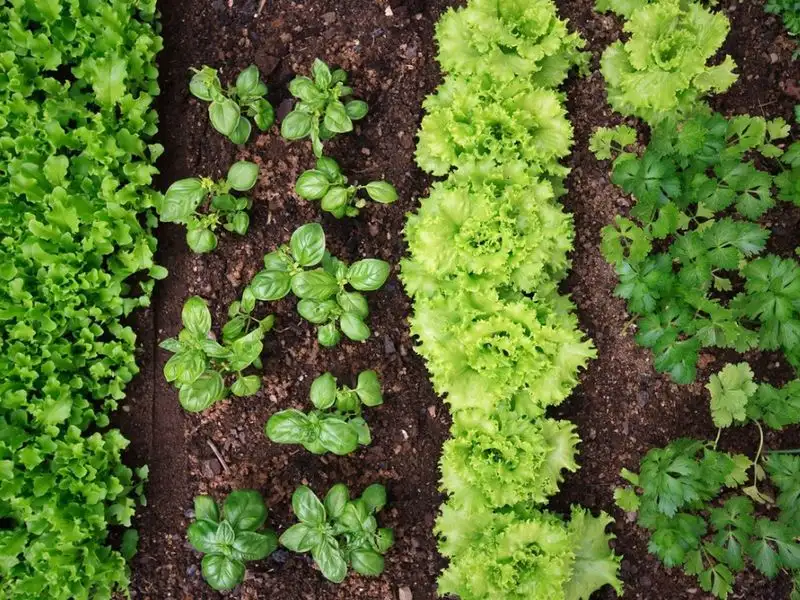
Basil loves company, but not all garden companions are beneficial. Growing basil with certain plants can inadvertently affect its taste. Companion planting with tomatoes enhances flavor, while some plants might do the opposite.
Avoid fennel and sage nearby, as they compete for nutrients, impacting basil’s sweetness. Experiment with basil’s friendly neighbors like marigold to naturally deter pests.
A thoughtful companion planting strategy ensures a happy and flavorful basil patch.
Temperature Fluctuations
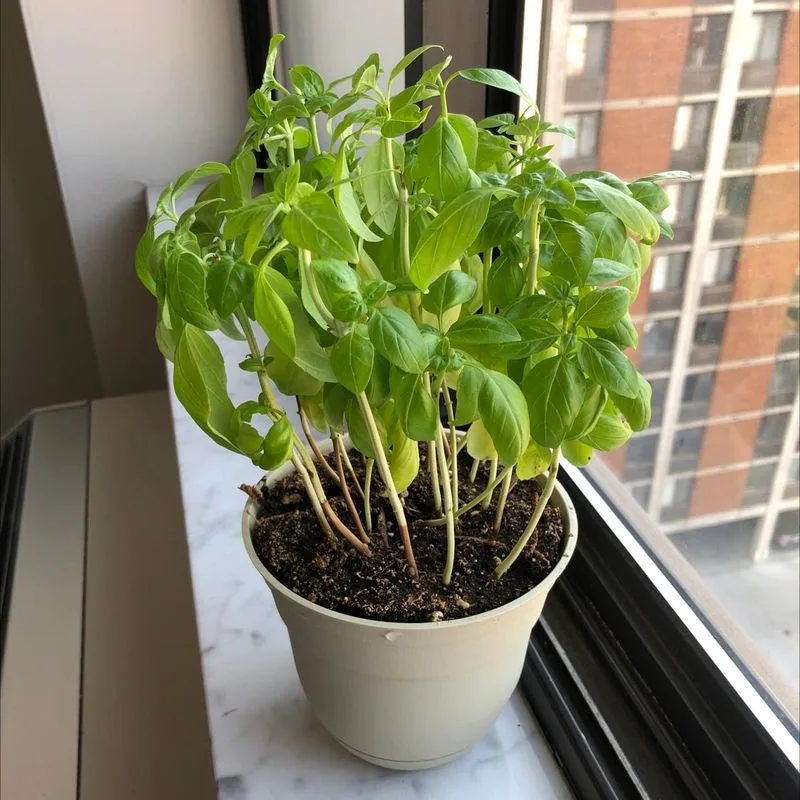
Temperature swings can catch basil off guard, leading to stress-induced bitterness. While basil enjoys warmth, abrupt shifts between day and night can cause distress.
Protect basil from unexpected chills by using cloches or relocating pots indoors during cooler weather.
Ensure a stable environment to maintain the herb’s flavor integrity. Stable climates foster healthier growth and tastier leaves.
Genetic Variability
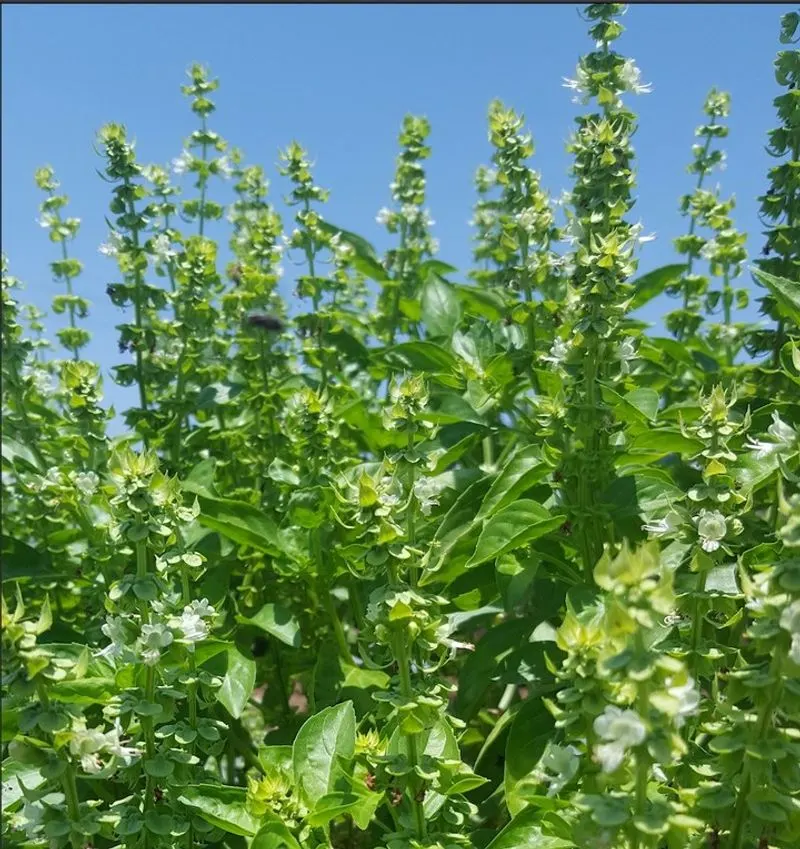
Ever wondered why your basil tastes different from your neighbor’s? The secret lies in genetic variability. Each basil plant can have unique genetic traits that affect its flavor profile. Some varieties naturally produce more bitter compounds. For example, Thai basil often has a stronger flavor than sweet basil.
Understanding the type you’re growing is key. Plant breeders often explore these genetic differences to develop new flavors.
So next time your basil bites back, consider that it might just be in its DNA. Embrace the diversity, and you may find unexpected culinary uses!
Plant Maturity
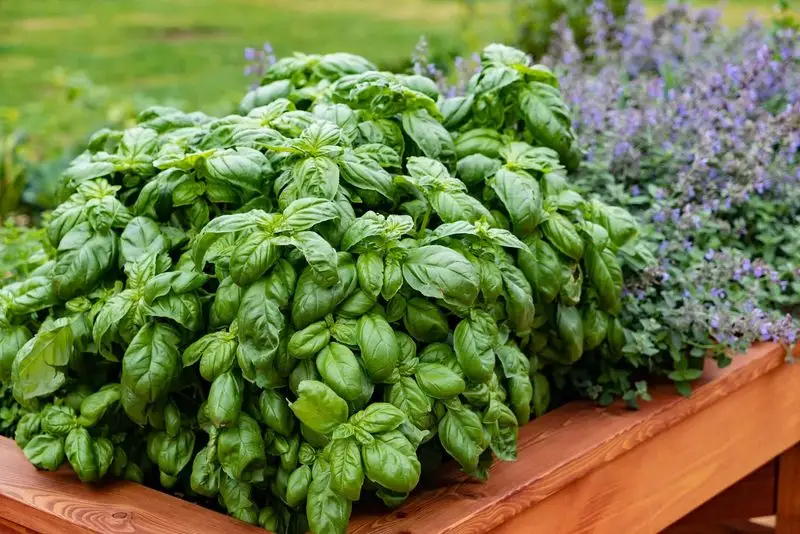
Is your basil flowering? Plant maturity can lead to bitterness, as older plants tend to produce tougher, more bitter leaves. As basil plants age, they focus energy on producing seeds, which changes their chemical composition.
Cutting back flowering tops can help maintain a sweeter taste. However, if left unchecked, a mature basil plant will prioritize reproduction over flavor.
Gardeners who understand this can time their harvests better, ensuring they pick leaves at their peak. Remember, a timely harvest makes all the difference for a flavorful dish.
Pest Interactions
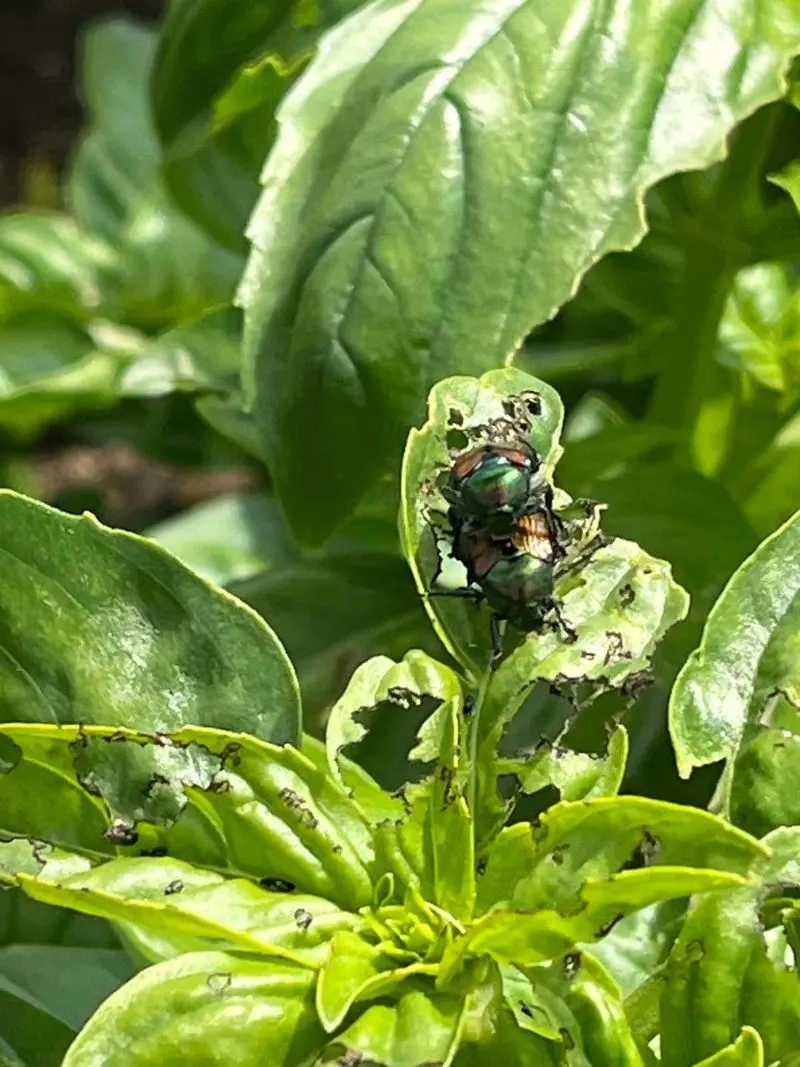
Small uninvited guests like aphids or spider mites can be more than just a nuisance. Pests stress basil plants, leading to chemical changes that result in bitterness. When a plant is under attack, it produces defensive compounds, which can alter its taste.
Observing the underside of leaves regularly can help catch pest infestations early. Using natural pest control methods will save your basil from turning bitter.
Understanding these interactions not only aids in better taste but ensures a healthier garden ecosystem. Keep a vigilant eye, and your basil will thank you!

